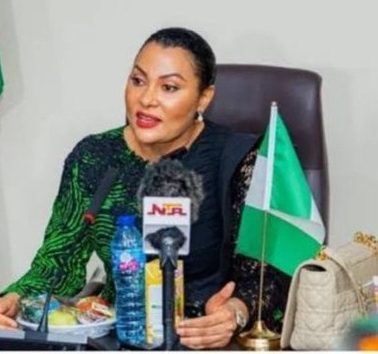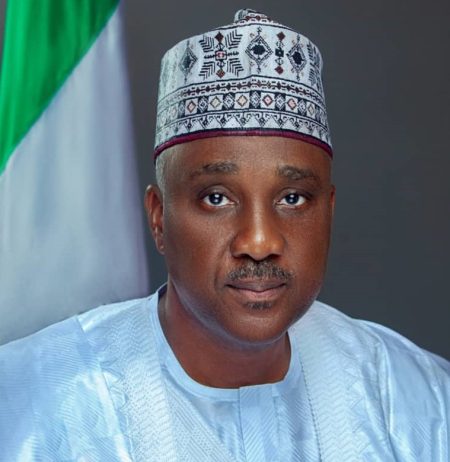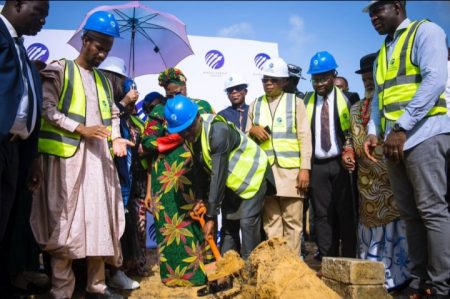 *Promises support for minerals sector
*Promises support for minerals sector
Oscarline Onwuemenyi
24 November 2011, Sweetcrude, ABUJA – The Governor of the Central Bank of Nigeria, Mallam Sanusi Lamido Sanusi, has charged governments at Federal and state levels to come up with robust blueprints that would create stable macro-economic environment and maintain competitive markets, while ensuring easy access to credits for the nation’s mining industry.
Sanusi who was speaking in a keynote address at the Business Development Roundtable for Investment in Zamfara State, in Abuja, stated that there was need for a deliberate policy framework to promote and engender political and economic change to support natural resource management for growth and sustainable development.
He said that, “In order to attract investors, a comprehensive resource database to be supported with relevant information is a prerequisite. Government must invest in policy, legislative and institutional reforms to address environmental issues across different sectors and institutions.”
He added that innovative and comprehensive resource mobilization strategies to increase investments into environment and natural resources as well as invest into new and robust approaches, including those that build stronger synergies between land degradation, climate change, and bio-diversity must be encouraged.
According to him, government must also partner with stakeholders such as NGOs and the private sector to work towards addressing environmental damages at local level where the impacts are most felt.
He stressed that the endowment of mineral resources does not guarantee the development of the state, noting that in order to create and sustain wealth in the long run, “mineral resources have to be transformed into other forms of capital (human, social, financial and manufactured) and more sustainable livelihood opportunities.
“The challenge for us today is to recognize the potential for the ‘resource curse’ and work effectively to counter it. Good governance, strong institutions, effective regulations and rigorous environmental and social safeguards are needed to realize the potentials of mineral wealth for economic growth,” he added.
Sanusi noted that natural resources are fundamental to economic activities in many ways, adding that “not only do they contribute to the incomes, employment and fiscal revenues of the citizens and the state, they also form the bedrock upon which the livelihood of many of the very poor rest.”
He added that, “Natural resources generate a wide range of positive externalities at the local, national and global levels. Thus, the achievement of poverty eradication and the attainment of the Millennium Development Goals have long been closely linked to a sound natural resource and environmental management.”
He explained that the Bank has articulated a blueprint for reforming the Nigerian financial system, in general, and the banking sector in particular, in the next ten years. These include enhancing the quality of the banks, establishing financial stability, enabling healthy financial sector evolution and ensuring that financial sector contributes to the real economy.
He added that, “In ensuring that the financial sector contributes to the development of the real economy, the Bank would lead in measuring more accurately the relationship between the real economy and financial sector, as well as cooperating with state governments to run pilot programmes in directing the financial sector’s contribution to social and economic development within the states.”
According to him, therefore, threats to the environment and natural resources, as was recently reported in Zamfara State, pose serious consequences and implications for both poverty reduction and sustainable economic development.
“Since the responsibility to generate and sustain growth rests on the state government, it becomes imperative for the state to improve upon its natural resource management for long-term economic development.
“Such development framework should be structured in a manner as to enhance the capacity of the poor to participate in, contribute to and benefit from the overall process,” he added.
Also speaking at the event, the Zamfara State Governor, Alhaji Mahmuda Aliyu Shinkafi, said his government has been putting efforts towards developing two critical sectors of agriculture and solid minerals.
He said, “Zamfara State is one of the states in Nigeria blessed with abundant mineral deposits such as iron ore, copper, gold, tantalite and wolfromite; vast fertile agricultural land, rivers for irrigation purposes and good climatic condition that supports year-round farming.
“These abundant natural resources, when harnessed effectively and efficiently, could boost economic activities in the state and diversify our sources of revenue thereby reducing our over-dependence on statutory allocation from the Federation Account.”



